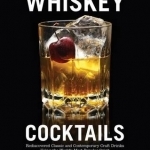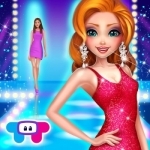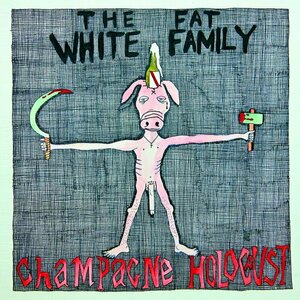
REDCap Mobile App
Medical and Productivity
App
Collect your REDCap data in an offline environment in the REDCap mobile app, and then sync your data...

Whiskey Cocktails: Rediscovered Classics and Contemporary Craft Drinks Using the World's Most Popular Spirit
Book
Grab your bow tie and a rocks glass, because we're talking all about one of the most classic - and...
Juliette Jackson recommended track Auto Neutron by The Fat White Family in Champagne Holocaust by The Fat White Family in Music (curated)
Darren (1599 KP) rated Killer Sofa (2019) in Movies
Sep 16, 2019
Performances – The lead in the film is Piimio Mei and she does well in the leading role, as the one being haunted by the soda, seeing her friends taken from around her. The rest of the cast are strong with what they are doing, they do know this does have elements of cheesy horror, which does work for the film.
Story – The story here follows the unusual event surrounding a sofa that starts killing people at the woman that finds herself the main target of the evil needing to stop it before their friends get taken. This is a film that knows exactly what it wants to be, a wildly over the top story that isn’t afraid to go into the full cheesy area, which will get the story over to the level it needs to. For a horror it is a film that follows the traditions when it comes to picking off the victims one at a time, with an element of the story behind the having a supernatural feel.
Horror – The horror side of the film does pick up like most serial killer style slashers, with one victim being alone getting picked off by the killer, in this case, the sofa, which does it look creepy throughout.
Settings – The film uses the apartment settings to show how the sofa can move around without looking completely out of place, using the environment to help with its kills.
Special Effects – The effects are mixed with the fact they make the sofa look terrifying being a huge plus, it is the CGI moments that look like the weakest part of the film.
Scene of the Movie – The sofa look.
That Moment That Annoyed Me – The CGI moments.
Final Thoughts – This is a horror comedy that understands completely what it wants to be, it will get laughable kills from a sofa that uses its how frame as a weapon.
Overall: Funny horror comedy.

Sleep Pillow White Noise Sound
Health & Fitness and Lifestyle
App
With this app you'll sleep tonight, guaranteed. Its the most effective & highest quality sleep app,...

Tree Id Canada - identify over 1000 native Canadian species of Trees, Shrubs and Bushes
Reference and Education
App
--> special introductory price: 40% off! Instead of CAN$ 12.99 just 6.99! *** Tree Id Canada -...

Top Model - Next Fashion Star
Games and Entertainment
App
~~> Become the next Top Model in a reality show adventure you don’t want to miss! ~~> Walk the...

Rhythm Studio
Music and Entertainment
App
Rhythm Studio is a must have app for musicians! It is a premier universal electronic music making...

RotoWire Basketball Draft 2017
Sports and Entertainment
App
Imagine getting a cheat sheet that adjusts to fit your league settings, allows you to mark off...

Crop Video Square FREE - Rectangle size Movie Clip
Photo & Video and Entertainment
App
Crop the best position of your video. With CropVideoSquare™ easy and quick to Crop video or Photo...

